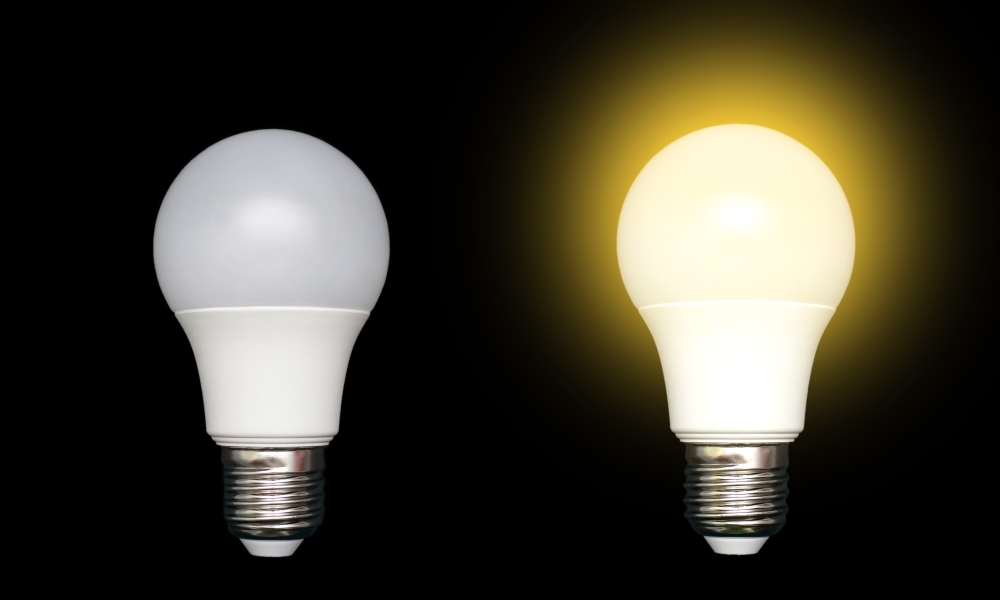Principal Minakshi Kushwaha informed Teacher that Birla Vidya Niketan has been conferred the Green Award 2023, presented by the Directorate of Education (DoE), Government of Delhi. The school has already been recognised as a green school by the Centre for Science and Environment (CSE).
With more than 4,000 students enrolled, Birla Vidya Niketan is situated on 6.5 acres of land. It has a strong focus on environmental sustainability.
Kushwaha says the school runs on solar energy, and the produce from its kitchen garden is used in the midday meals served to students. Birla Vidya Niketan was reportedly the first school in the country to introduce millet in their midday meals this year (Chettri, 2023).
The school has numerous other initiatives to educate students on the importance of sustainability. Kushwaha strongly believes that it’s important to instil a culture of sustainability from the early years. Here, she shares the electricity audit initiative for students at her school.
Student-led monitoring
The school has a system where a student monitor is appointed to check if fans, lights, and other electronic devices are switched off when students vacate a classroom. Also, the monitor instructs their buddies to turn off lights and fans when not in use. This helps the school to save electricity.
Monitors must fill in a simple form with basic questions that help to understand whether students have developed habits for judicious use of electricity.

The school tracks its monthly electricity bills to see if the audit is making a difference in electricity consumption.
‘You know, basically, peer education for this [reduce electricity consumption] is very important. Because we can't have teachers going to the classrooms [all the time] to see how much electricity is wasted, how much our children are switching off their fans and all,’ Kushwaha explains.
To complement this initiative, at Atal Tinkering Labs students in grades 6 to 10 work with mentors from grades 11 and 12 to make sensor lights.
Peer education
Kushwaha feels that peer education is pivotal in raising awareness of energy conservation.
‘Peer education is important everywhere, in every domain of the school... I think it is one of the most important tools to be able to reach out to all children. And reach out to children in their way…’
She adds that the student peer educators are able to discuss the issues of energy use from the point of view of students, and children open up to peer educators without inhibitions. Even when teachers are unable to reach out to some students, peer educators are effective in connecting with them.
For instance, she says, peer educators write comments on the board if they notice that students of a grade are not saving electricity.
‘…they're [peer educators] just walking past in the corridor. And they see a classroom with no child and the lights are on, let's say. So, they will quickly write [on the board], “I was passing by… I saw all the lights were on, so please ensure that you turn off the light.” And they put their name under it.’
Energy conservation is everybody’s business
Kushwaha says that today students need to learn a variety of skills during their school years, and it is not possible to allocate a period to teach every skill.
She suggests, ‘So it [energy conservation values] has to be incorporated, included into the routine teaching. I don't believe that there has to be a life skills period…everybody should be part, should be involved into it at all the times.’
The leader adds teachers need be conscious of making this effort, irrespective of what they teach, so that children value sustainability.
‘We have clubs and Birla Green, we call it. So, the Birla Green Committee has a president who's in class 12. And under [that student], we have the prefects, and further then monitors for each class. So, the information goes down from the teacher and the president. We have weekly meetings, and there's a club period. So, everyone meets and kind of discusses the issues, the matters, to be taken forward and all.’
The teacher from the Birla Green Committee shares the committee agenda in the teachers’ WhatsApp group, helping colleagues teaching different subjects to integrate the agenda in their own classroom lessons.
References
Chettri, S. (2023, April 5). South Delhi school takes the lead, introduces millets in meal for kids. The Times of India. https://timesofindia.indiatimes.com/city/delhi/south-delhi-school-takes-the-lead-introduces-millets-in-meal-for-kids/articleshow/99249639.cms
As a leader, how can you ensure being ‘green’ is part of your own school culture? As a teacher, how do you incorporate energy conservation and sustainability into your own lesson plans? Do you help students develop appropriate attitudes towards conservation and sustainability?
